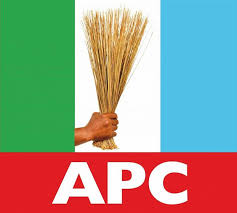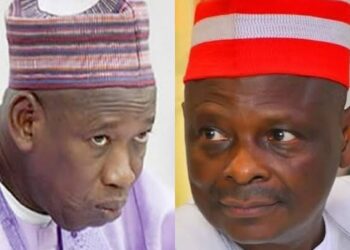Minister of Transportation, Mr. Rotimi Amaechi yesterday, says Nigeria’s rail line will cover the Western corridor of the country cutting across nine states and the Federal Capital Territory.
The rail line is expected to cover a total of 1,402 Kilometres.
Amaechi at the Forum of China-Africa Transportation Convention in Beijing, China titled, ‘Better Transportation, Better World’ yesterday, said the project will be completed in 36 months as soon as the loan agreement is reached between Nigeria and China
Speaking on the Lagos–Kano railway project awarded to China Civil Engineering and Construction Company (CCECC) and co-financed by China EXIM Bank, the minister revealed that the project will serve as an important distribution corridor between the major Lagos sea port and the hinterlands noting “that investment and partnering is imperative in our cooperation with the Peoples Republic of China to strengthen Nigeria’s transport infrastructure and contribute towards building a competitive economy.
Amaechi said, “The successful realization of these projects and their operations will result in attainment of high level of intermodal transport system
The Ministry of Transportation recently signed the commercial contract for the remaining 901 Km Ibadan – Kano stretch and the associated branch lines from Oshogbo to Ado Ekiti, South West Nigeria following the completion of the first segment of the line, Abuja – Kaduna railway project of 186.5Km
Amaechi said that the completion of the Abuja-Kaduna project has tremendously improved citizen’s mobility between the important Northern commercial city of Kaduna and the Federal Capital, Abuja. He said the project has been completed and commercial train operation has commenced since July, 2016 conveying close to a million passengers.
While the construction of the second segment which is 162Km Lagos– Ibadan double track rail line is ongoing, Amaechi said that Nigerian Government and other African Governments have put effort at sourcing financiers for development of critical infrastructure especially its transport infrastructure–railways and ports.
“The Nigerian Government has liberalized the transportation sector, therefore admitting both private and institutional foreign and local investors to participate in the development and also develop legal framework and policies at reviving the railway sector” he said.
Blueprint gives you the latest Nigerian news in one place. Read the news behind the news on burning National issues, Kannywood, Videos and the Military



